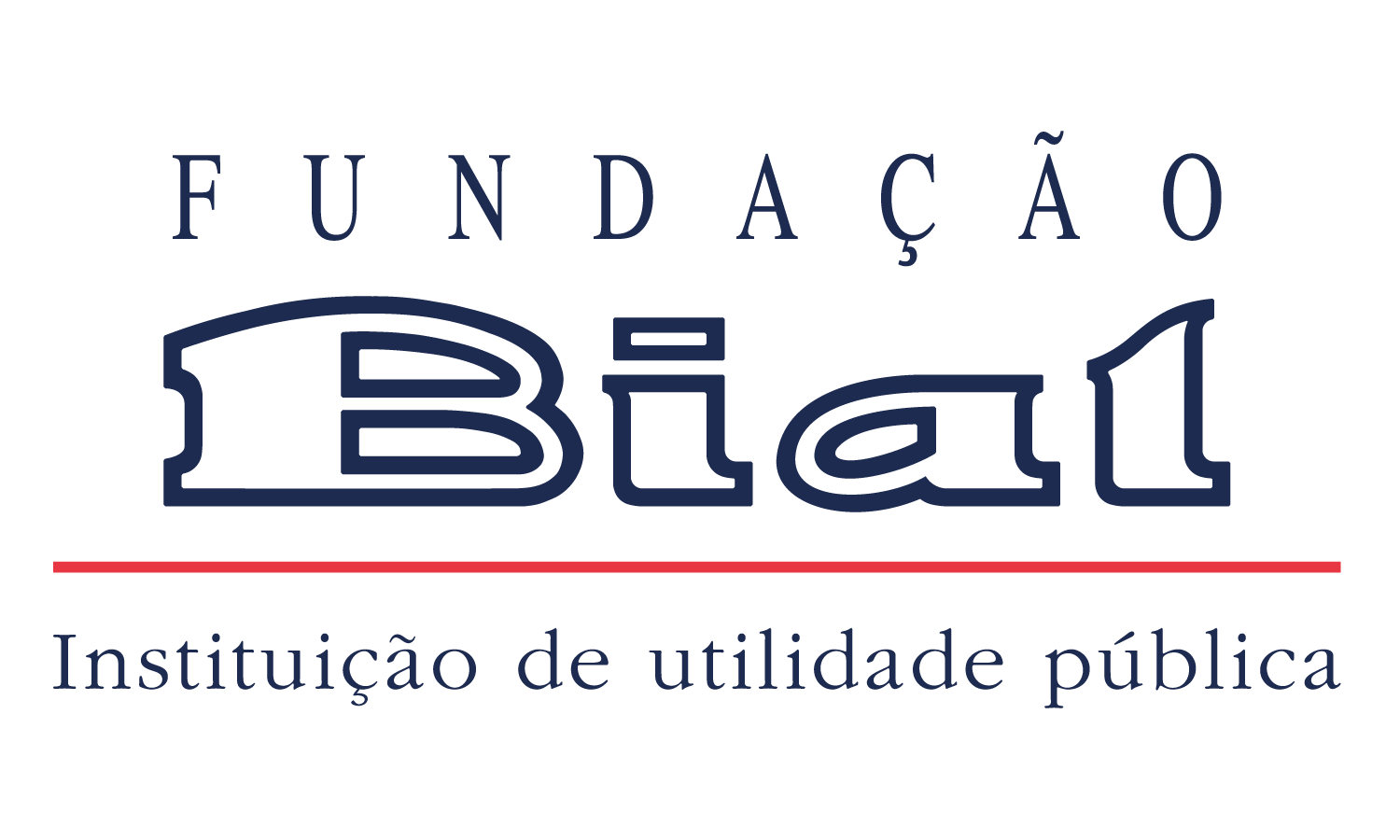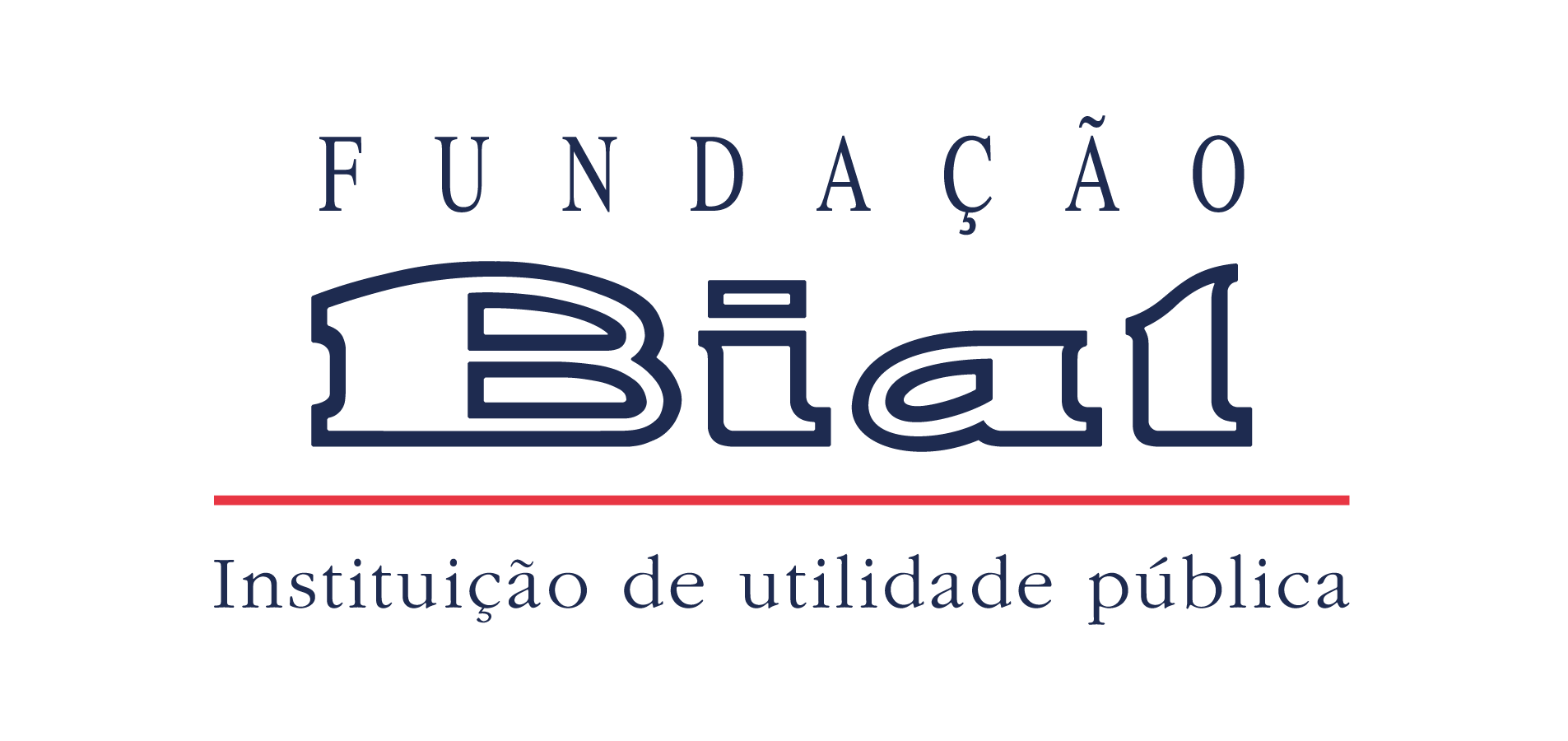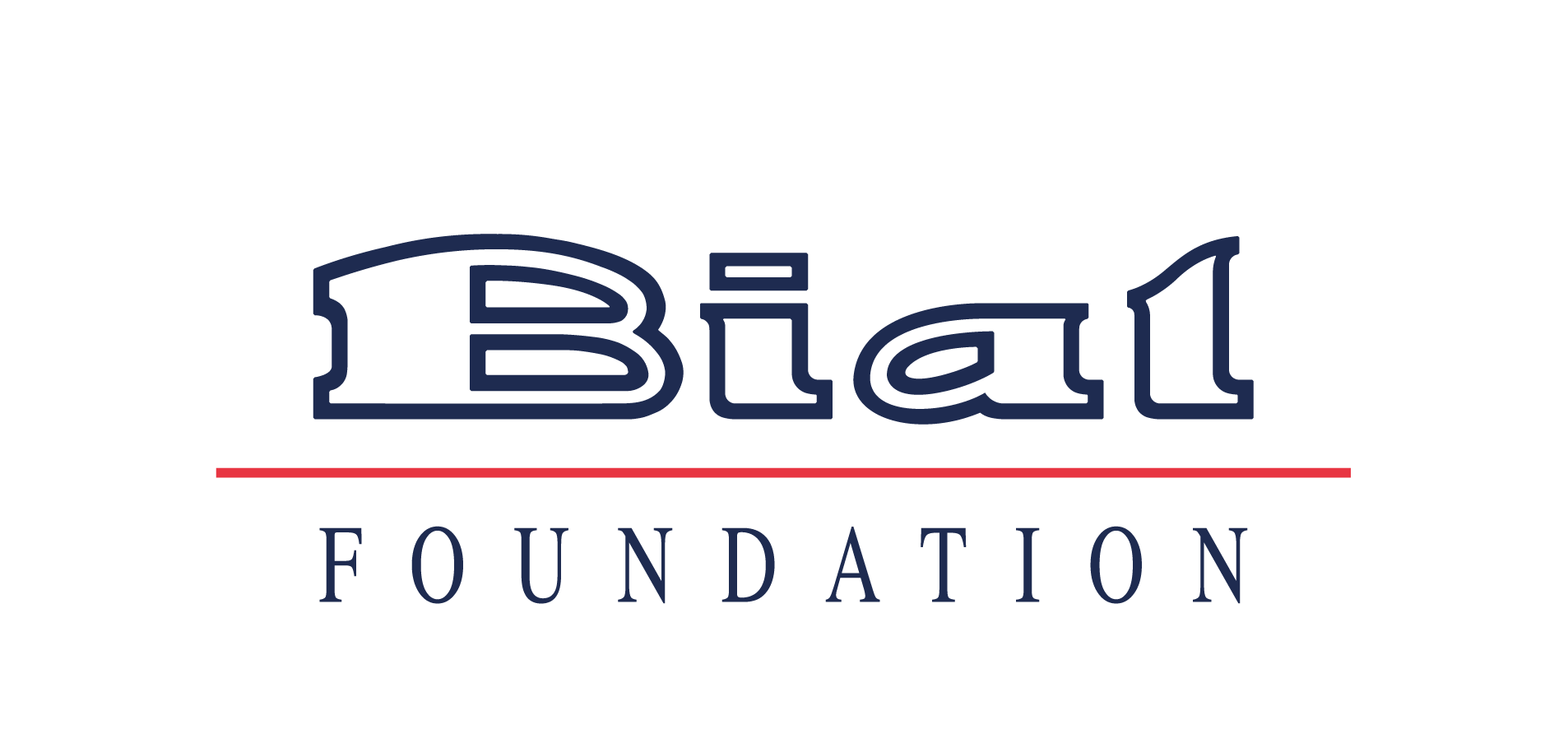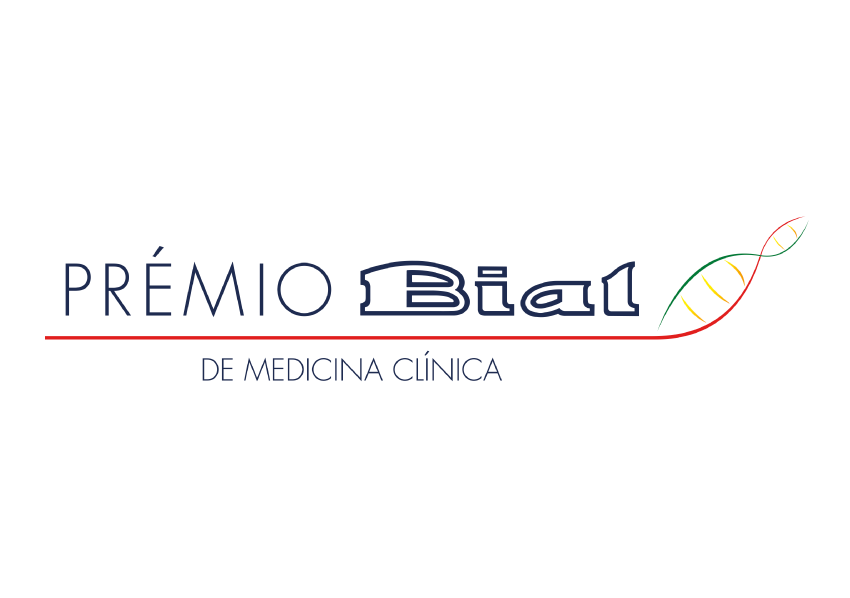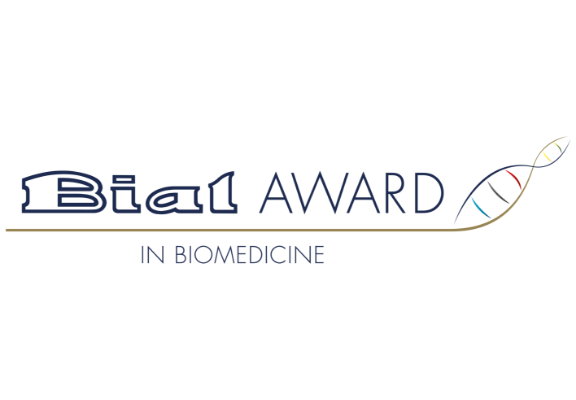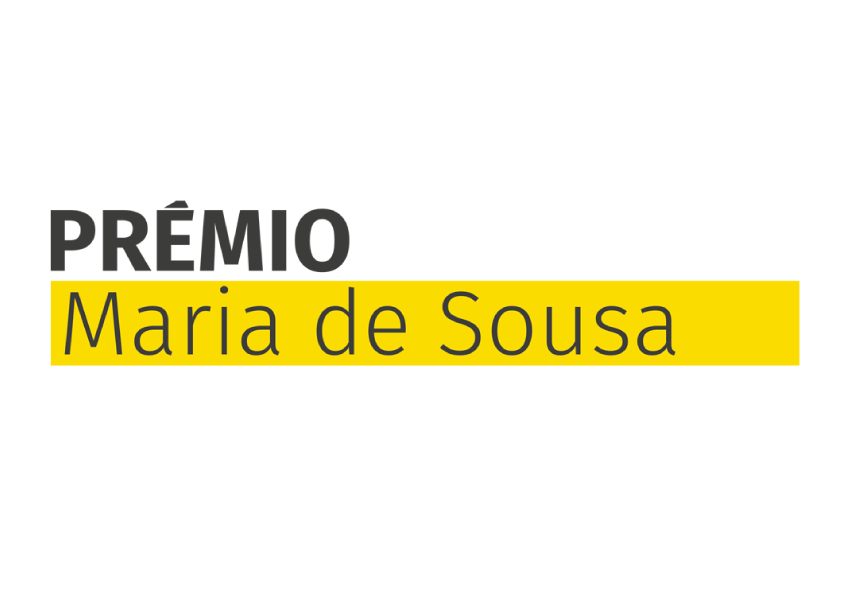Notícias
- Science Stories
- Destaques
- Looking for collaboration
- Links úteis
- Logos
Science Stories
É a concretização da nossa missão. Desde a sua criação a Fundação BIAL já aprovou para financiamento 946 projetos, envolvendo cerca de 1900 investigadores de 31 países. São três décadas de apoios a Projetos de Investigação Científica orientados para o estudo neurofisiológico e mental do ser humano, nas áreas da Psicofisiologia e da Parapsicologia.Conheça as histórias por detrás da ciência.
Science Stories
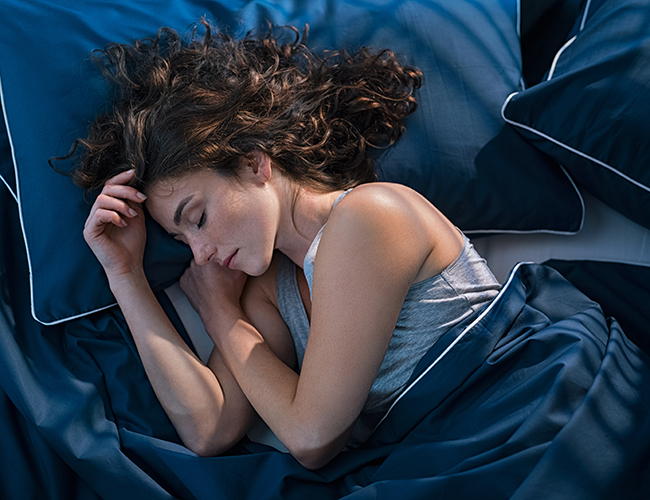
Sonhar enquanto se dorme e “sonhar acordado”: diferenças e semelhanças
Sabia que os sonhos “diurnos” refletem acontecimentos dos dois dias anteriores, enquanto os sonhos “noturnos” se assemelham a um enredo de ficção?
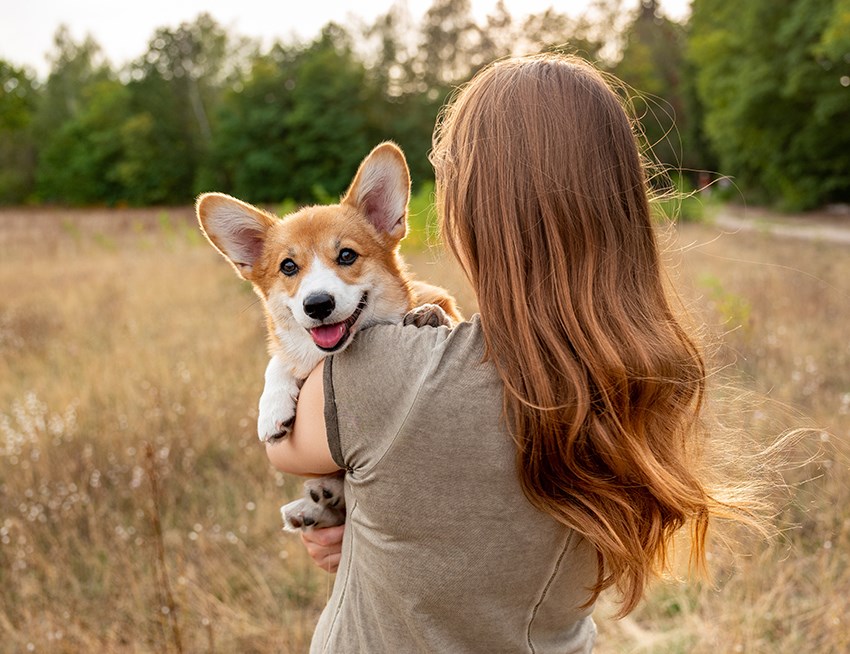
O seu cão tem competências sociais?
Estudo revela que a visualização do rosto do dono funciona como reforço social positivo para os cães. Conheça resultados intrigantes sobre o “melhor amigo do homem”.
News
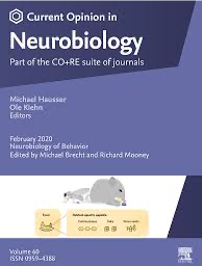
A revista "Current Opinion in Neurobiology" publica resultados de projeto apoiado pela Fundação BIAL
Carlos Ribeiro publicou, no âmbito do projeto de investigação 279/16 - Harnessing the power of closed-loop neuronal control to identify the circuit basis of decision making, apoiado pela Fundação Bial, o artigo Nutrient homeostasis — translating internal states to behavior na revista científica Current Opinion in Neurobiology.
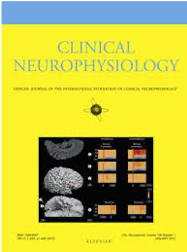
Publicação de investigadores apoiados pela Fundação BIAL, na revista "Nature Communications"
A equipa de investigação do projeto 261/18 - Phenomenological experience and neurophysiological correlates of shamanic trance in healthy individuals, liderada por Olivia Gosseries, publicou na revista Nature Communications um artigo intitulado Behavioural and brain responses in cognitive trance: A TMS-EEG case study.
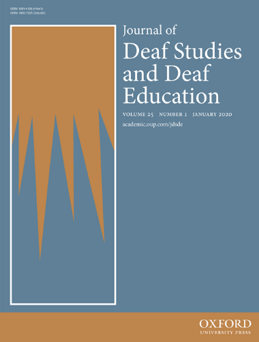
Projeto apoiado pela Fundação BIAL é publicado no “The Journal of Deaf Studies and Deaf Education”
Cristina Baus publicou no âmbito do projeto de investigação 226/16 - Linking strawberries and politicians: The electrophysiology of the bimodal bilingual brain, apoiado pela Fundação BIAL, o artigo Influence of Gesture and Linguistic Experience on Sign Perception no Journal of Deaf Studies and Deaf Education.
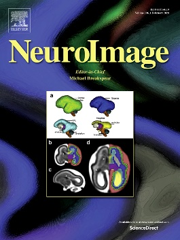
Resultados de projeto apoiado pela Fundação BIAL apresentados na revista “Neuroimage"
Foi publicado o artigo Predicting response originality through brain activity: An analysis of changes in EEG alpha power during the generation of alternative ideas na revista NeuroImage, no âmbito do projeto de Investigação 298/16 - Empowering feedback connections in temporo-occipital network to boost visual perception of emotions, financiado pela Fundação BIAL.
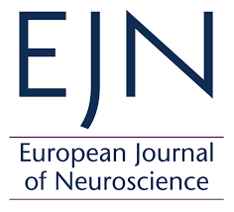
Resultados de projeto apoiado pela fundação bial apresentados na revista “European journal of Neuroscience”
Foi publicado o artigo Hand blink reflex in virtual reality: The role of vision and proprioception in modulating defensive responses na revista European Journal of Neuroscience, no âmbito do projeto de investigação 218/16 - Virtual bodies, real empathy: Behavioural, bodily, and neural reactivity to the observation of pain and pleasure on self and others in immersive virtual reality, financiado pela Fundação BIAL e coordenado por Gaetano Tieri.
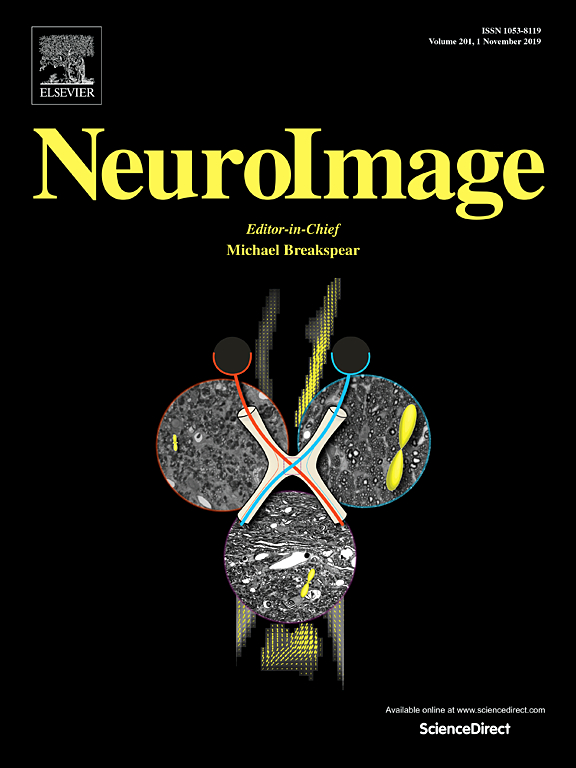
Resultados de projeto apoiado pela Fundação BIAL apresentados na revista “Neuroimage”
Sjoerd Ebisch publicou no âmbito do projeto de investigação 195/16 - The sense of self: A neuroimaging study of interactions between intrinsic and extrinsic self networks, apoiado pela Fundação BIAL, o artigo I am me: Brain systems integrate and segregate to establish a multidimensional sense of self na revista NeuroImage.

Projeto apoiado pela Fundação BIAL publicado na revista “Neuroimage”
No âmbito do projeto de Investigação 304/14 - The impact of music training on reading and mathematical abilities of normal and reading disabled children: a behavioral and neuroimaging longitudinal study, financiado pela Fundação BIAL, a equipa de investigação publicou o artigo Resting-state connectivity reveals a role for sensorimotor systems in vocal emotional processing in children na revista NeuroImage.
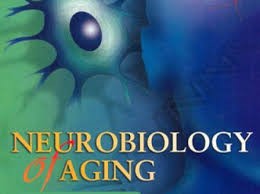
Projeto apoiado pela Fundação BIAL é publicado na revista “Neurobiology of Aging”
Foi publicado o artigo Age-related changes in cortical connectivity influence the neuromodulatory effects of transcranial electrical stimulation na revista Neurobiology of Aging, no âmbito do projeto de Investigação 277/14 - Cortical excitability and connectivity in the lifespan: a neurophysiological study, financiado pela Fundação BIAL.
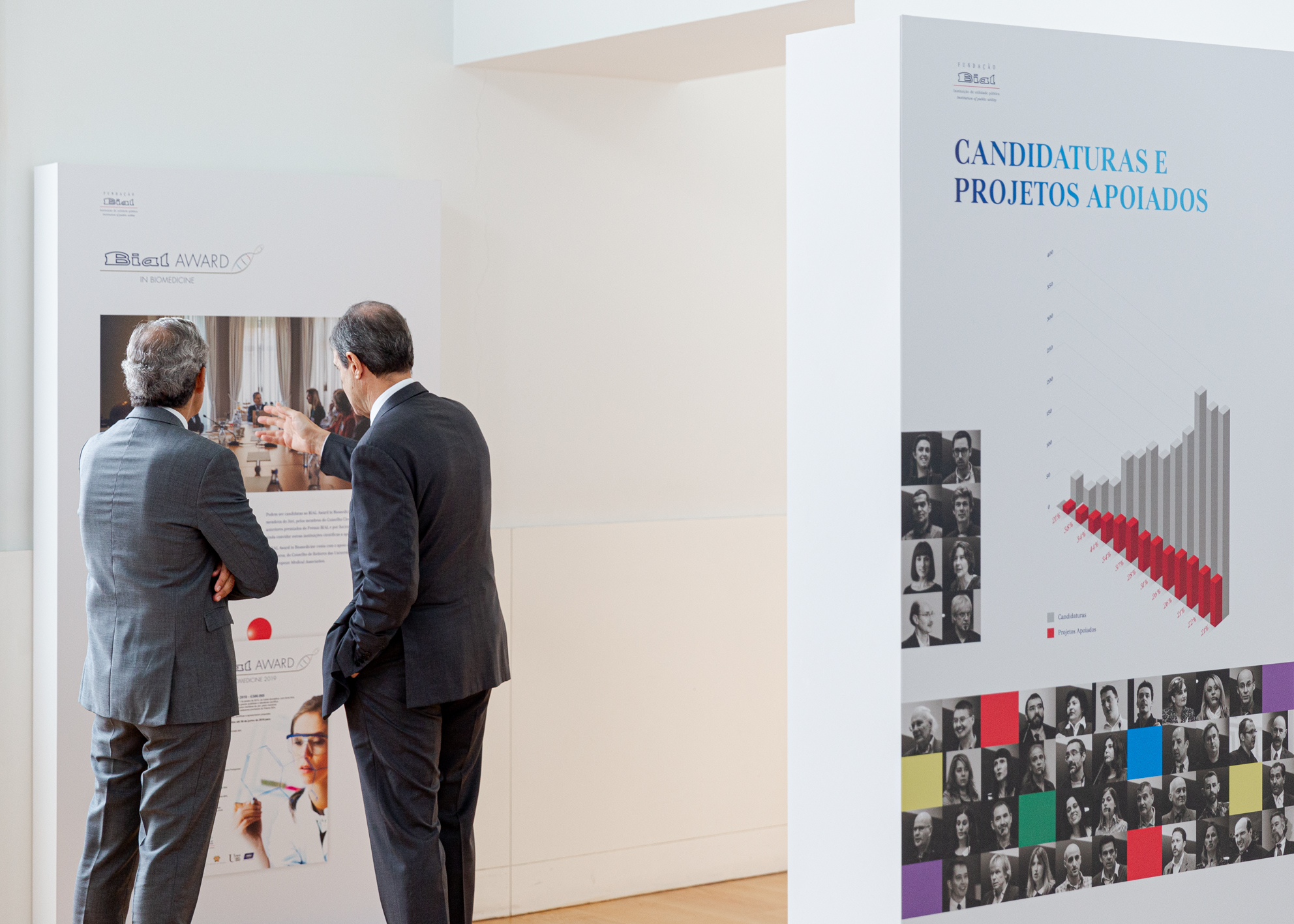
Cerimónia de inauguração da exposição itinerante que assinala 25 anos da Fundação BIAL
O 25º aniversário da Fundação BIAL vai ser assinalado com uma exposição itinerante, Fundação BIAL - 25 Anos, que mostra o trabalho desenvolvido desde 1994. Decorreu a 8 de outubro, pelas 11h30, no ICBAS – Instituto de Ciências Biomédicas Abel Salazar, a inauguração da exposição Fundação BIAL – 25 Anos.
Looking for collaboration

The quest of physiological markers for the experience of pain
Researcher: Elia Valentini - Department of Psychology & Centre for Brain Science, University of Essex Summary: The aim of this project is to improve measurement of the human experience of pain by investigating a combination of psychophysical and physiological responses during mild noxious stimulation. More specifically, we want to investigate how sensitive and specific to pain the brain oscillatory responses are. We use EEG as the main technique, but we are keen to collaborate with neuroscientists using fMRI, autonomic measures and brain stimulation as well as with computational neuroscientists. A clinical collaborator would also be very much welcome.

EEG investigation of hypnosis and decision-making
Researcher: Rinaldo Livio Perri - University Niccolò Cusano Rome, Italy Summary: I work in the field of hypnosis and cognitive neuroscience. In particular, I adopt the event-related potentials (ERPs) to investigate the effect of the hypnotic suggestions on sensory processing and cognitive performance. I am an expert in decision-making and proactive brain processes before the stimulus administration (e.g., the perceptual, prefrontal and premotor readiness during the expectancy stage). I could help colleagues to properly analyze the ERP signal in the pre-stimulus stage of processing. Also, I would be happy to share my EEG data for re-analyzing them in the frequency domain (e.g., wavelet or coherence analysis in the hypnosis research). Feel free to contact me for any question! More information on my papers: https://scholar.google.it/citations?user=-8e_V64AAAAJ&hl=it Possible collaborations: neuroscientist with experience in the EEG frequency analysis Email: perri.rinaldo@gmail.com

Transparent Psi Project - looking for collaborators
Summary: We are running a fully transparent, expert consensus-base multilab replication of Bem’s (2011) experiment 1. The project features state of the art methods to maximize transparency and study integrity. The study involves a computerized experiment taking about 20 minutes per session. Group testing is possible in a computer lab, no specialized equipment needed. Labs are expected to recruit at least 100 participants. Participants will be exposed to images with explicit erotic/sexual content in the experiment. No financial compensation is required for the participants. Data collection is expected to take place in the 2020 fall semester. Every material is provided for ethics/IRB submissions and data collection in English (translation of materials might be necessary by the collaborators). The study is pre-registered and the manuscript is accepted in principle for publication in the journal Royal Society Open Science. All collaborators who meet the minimum sample size criterion will get authorship on this paper reporting the results of the replication study. More information in the preprint: https://psyarxiv.com/uwk7y/ Indicate interest in the collaboration via the following form: https://tinyurl.com/tpp-labs With any question contact the lead investigator: Dr. Zoltan Kekecs, kekecs.zoltan@gmail.com

Cognitive control and learning
Researcher: Ignacio Obeso, Ph.D. / CINAC - HM Puerta del Sur Summary: The aim of our projects is to understand the behavioral and neural mechanisms used to learn how humans establish adaptive behaviour in changing contexts. More specifically, we want to decipher how stopping abilities are initially learned and later executed under automatic control. We use task-related fMRI, brain stimulation and clinical models to test our predictions in laboratory settings as well as online home-based paradigms. Possible collaborations: computational scientist Email contact: i.obesomartin@gmail.com https://iobesomartin.wixsite.com/cognitivecontrol
Veja aqui links de Fundações, Organizações, Sociedades e outros que lhe podem interessar.
- BrainFacts.org
- Cognitive Neuroscience Society
- Dana Foundation
- European Brain Council
- European Society for Cognitive and Affective Neuroscience (ESCAN)
- Federation of European Neuroscience Societies (FENS)
- Human Brain Project
- IANDS International Association for Near-Death Studies
- Institut Métapsychique International (IMI)
- Instituto de Psicologia Paranormal
- International Behavioral Neuroscience Society (IBNS)
- International Brain Research Organization
- IONS Institute of Noetic Sciences
- Kavli Foundation
- Koestler Parapsychology Unit
- Open Sciences
- Organization for Human Brain Mapping (OHBM)
- Parapsychological Association
- Psi Encyclopedia
- Rhine Research Center
- Sociedade Portuguesa de Neurociências
- Sociedade Portuguesa de Neurologia
- Society for Neuroscience
- Society for Psychical Research
- Society for Scientific Exploration (SSE)
- World Federation of Neurology

